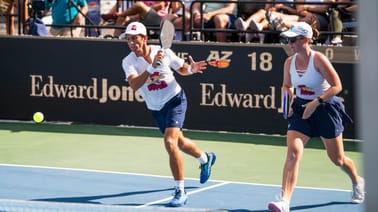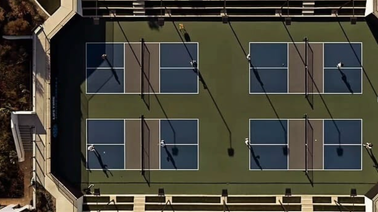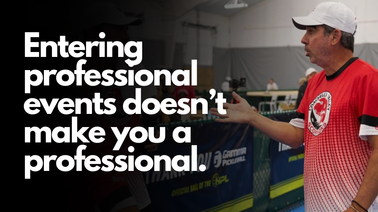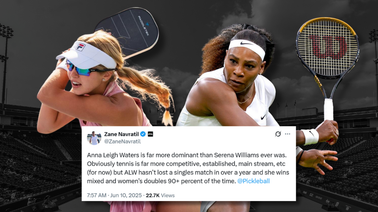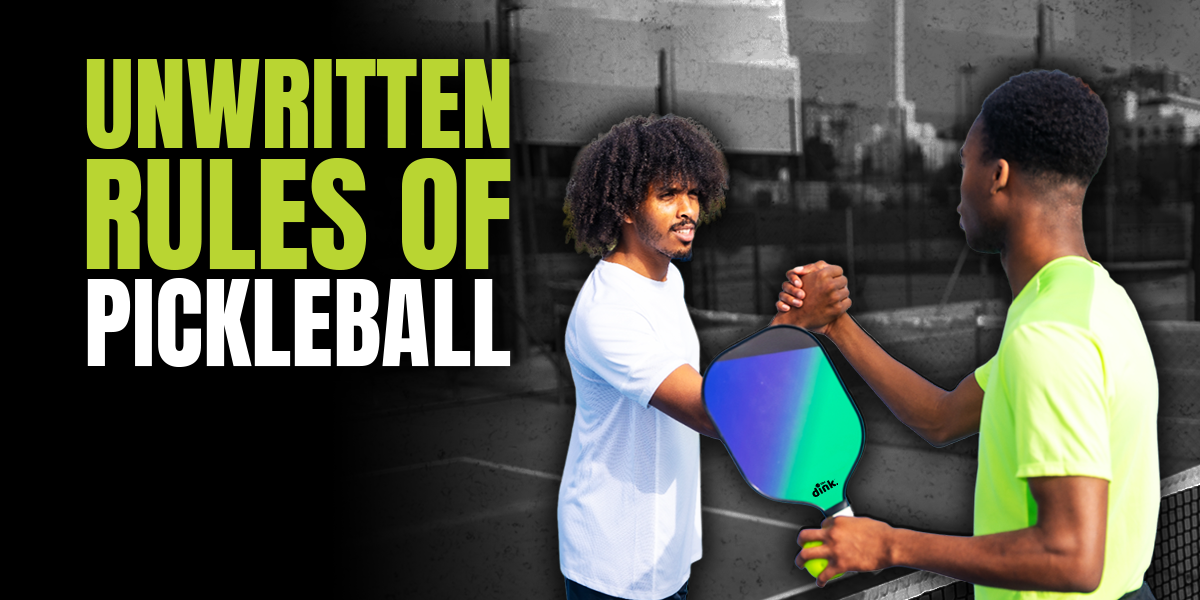
Recently, we came across a post from IG user dinkdifferentpickleball, where they discussed some of the "Unwritten Rules of Pickleball."
You can see the video here:
In a sport with so much nuance and with so many new players coming into it daily, there are dozens more unwritten rules we could come up with.
For your sake, we kept it to five.
Here are a handful of additional unwritten rules of pickleball inspired by the video above.
Unwritten Rules of Pickleball
If you've ever broken one of these rules, no worries – we all have at one time or another.
Rule No. 1: You must serve your time in "lesser" games
Play pickleball long enough, and you're guaranteed to become a pickleball elitist.
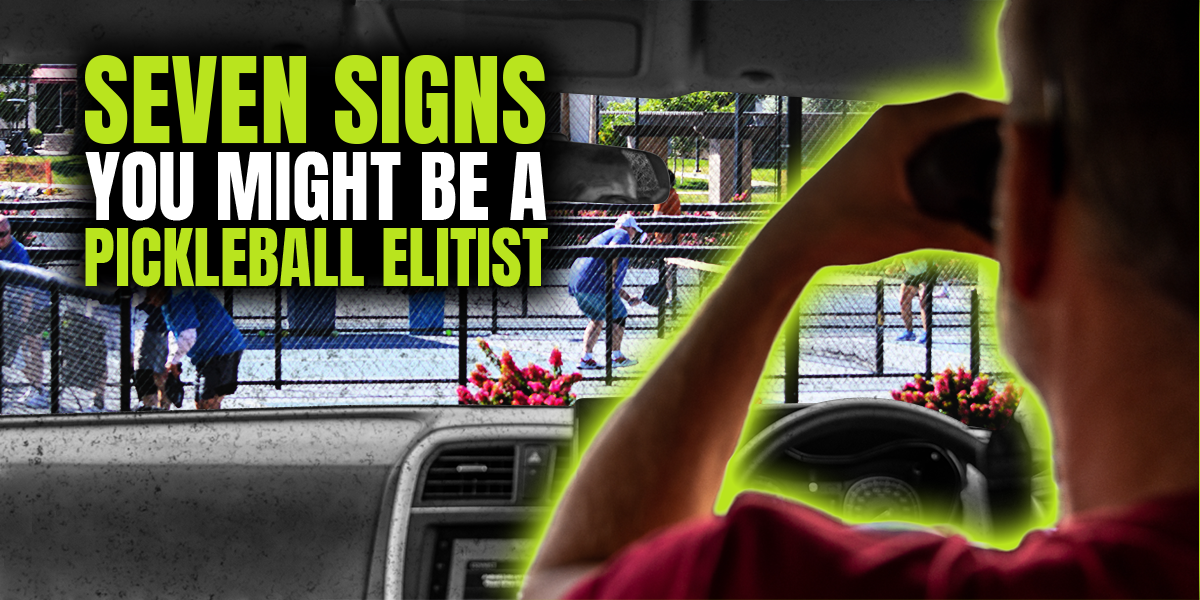
But before you proudly wear that badge, side-eyeing every game you stroll past on your way to the super DUPR court, you must serve your time playing in games below your skill set.
We're not saying you always have to play against newbies, but it's a rite of passage for everyone to experience the misery of being stuck in a rotation of frustratingly bad players from time to time.
Just remember, there's a good chance you caused a few dozen eye rolls when you first began.
Rule No. 2: Don't complain about someone's style of play
People play pickleball for different reasons, and not everyone intends to go pro (or believe they COULD go pro if they really wanted to) someday.
This leads some people to create play styles that are ... not ideal.
Like spamming baseline lobs.
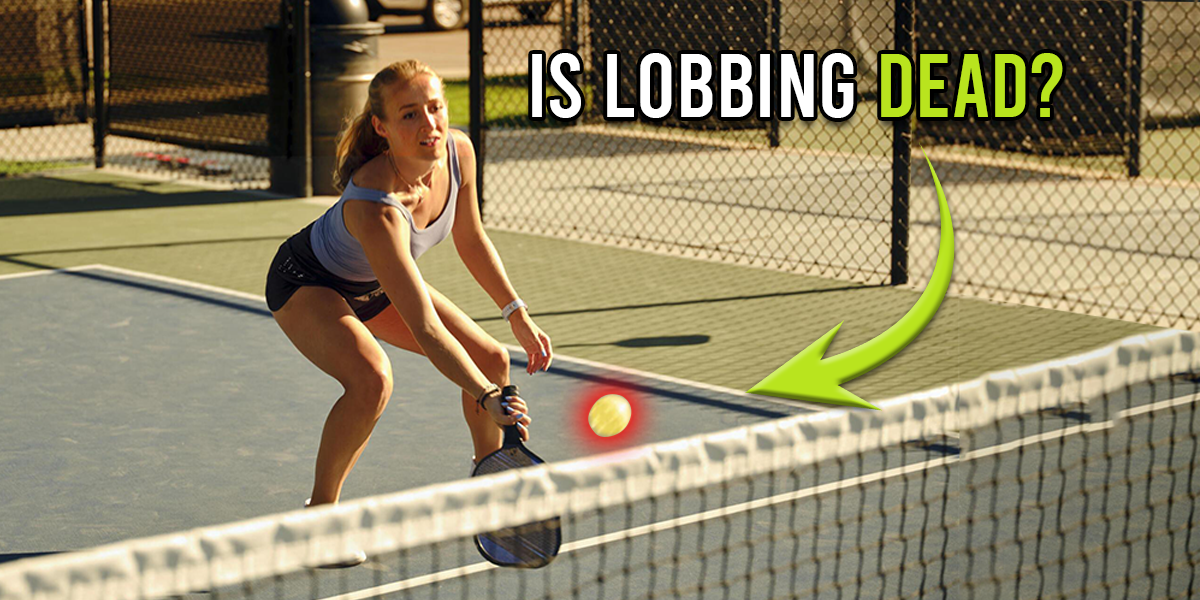
Like not getting up to the kitchen after the return of serve.
Or driving every single ball into the back of the chain link fence.
Be respectful, and don't openly complain or show annoyance about the gameplay choices people make.
Maybe just take your paddle out of the rotation for a turn or two so someone else can share the experience.
Rule No. 3: Don't coach while playing
A hot-button topic in the pickleball world is whether or not a player should offer "advice" while on the pickleball court.
One camp will say, "Be humble, take the advice, and get better."
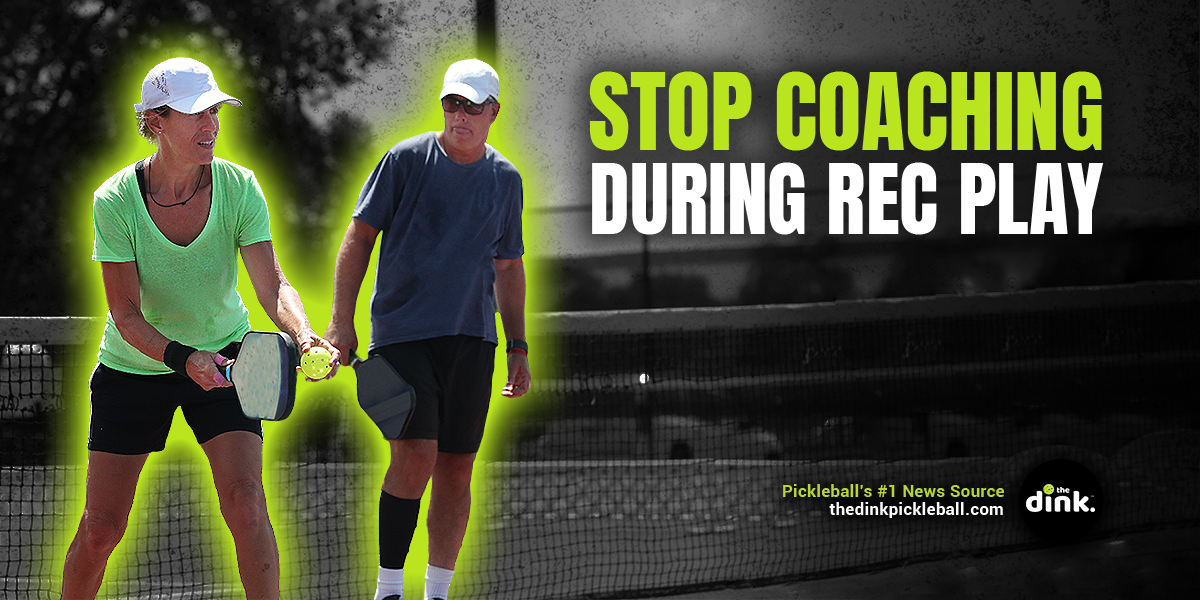
While the person who's tired of being on the receiving end of unsolicited advice might respond with, "How about you learn how to hit a third-shot drop yourself before trying to teach me how to play."
We all make mistakes on the court, and none of us are as good as we think we are – at least not all the time.
And yes, sometimes, there are things you can teach other players – especially less experienced ones. However, the time to learn a new skill is not during the heat of competition.
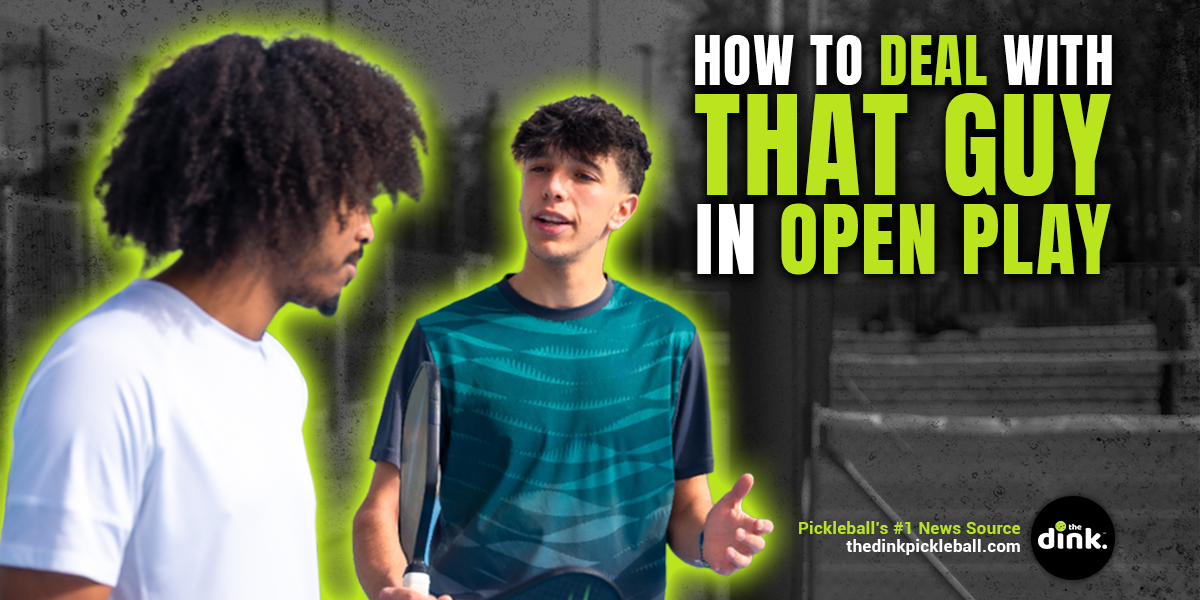
What "Open play coaches" don't seem to understand is that it's nearly impossible for anyone to perform well when they're being told that what they're doing is wrong.
If you absolutely must share your sage advice, wait until after the match is over and ask them if they're open to hearing your feedback. If they say no, then don't give it to them.
If they say yes, simply offer them a suggestion or a resource (like The Dink Newsletter) to help them improve their game.
But, mostly, just play your own game and leave other people alone to play theirs.
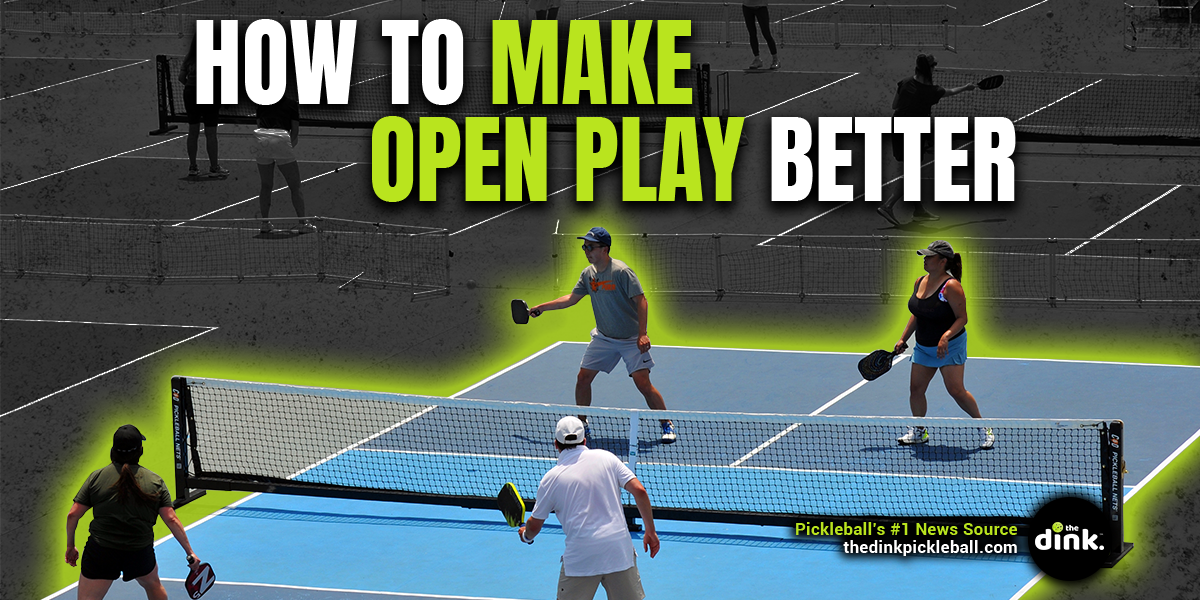
Rule No. 4: Just because you can, doesn't mean you always should
This rule applies to many things. For example, just because you can paint the corner on a serve that drives your opponent into a wall doesn't mean you should.
Or, just because you can lob the guy with double knee braces and get easy points doesn't mean you should.
Yes, we understand that pickleball is a game, and in games, there are winners and losers, and everyone wants to be a winner.
But there are times when you should lean toward getting points the hard way. For one, it forces you to improve your game. Secondly, it keeps other players from getting injured and helps them enjoy the game more.

Save your ultra competitiveness for when it matters most, and be more flexible when you're just playing to have fun or to get a little exercise.
Rule No. 5: Keep pickleball fun
It seems that everyone has a story about how they first found pickleball or how it has helped them improve their lives. Typically, these stories revolve around the joy and fun of playing pickleball.
As we progress in our skills or play more and more, many of us forget that. We let our competitive spirits take over, and we lose a little bit of that beginner's mentality.
This leads to anger, broken paddles, and arguments on the court.
It creates ugliness that we can all agree doesn't need to happen.
Remember why you play pickleball in the first place. It's not for money or fame. It's for the joy of the game, friendship, exercise, and feeling like a kid again.
Keep pickleball fun, and never take yourself too seriously.


Love Pickleball? Join 100k+ readers for free weekly tips, news & gear deals.
Subscribe to The DinkGet 15% off pickleball gear at Midwest Racquet Sports




